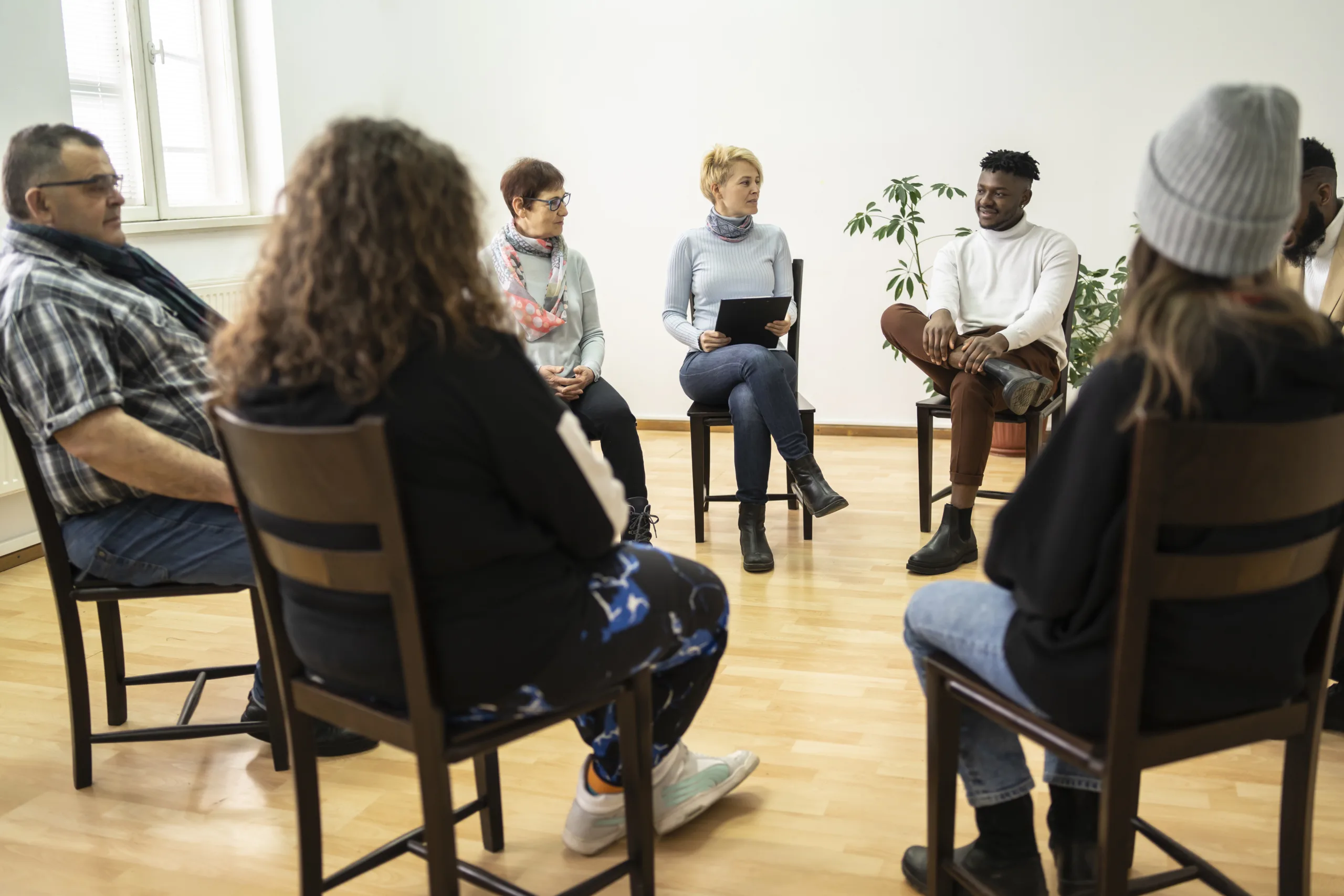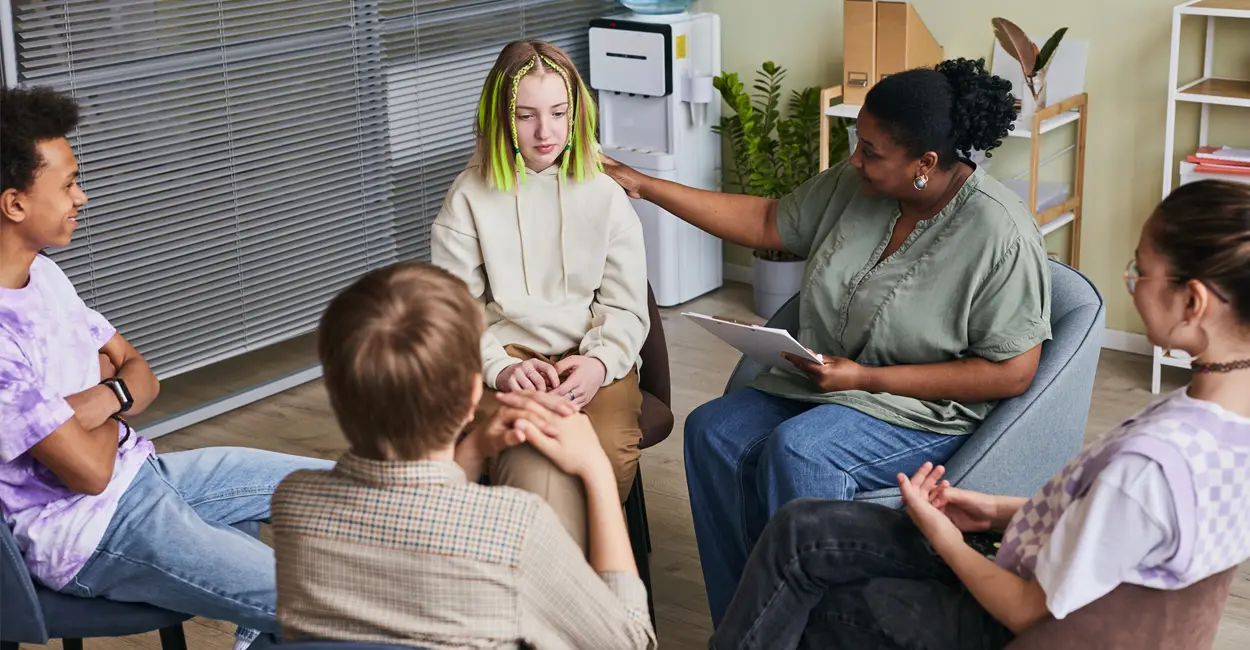centers play an essential role in addressing the increasing concerns related to drug and alcohol addiction in
, Colorado. Nestled in the scenic Arkansas River Valley, Salida boasts a small-town charm with a population of approximately 5,500 residents. Its breathtaking mountain views and outdoor recreational opportunities attract many visitors and residents alike. However, like many communities across the United States, Salida grapples with substance abuse issues that affect families and individuals profoundly. The drug and alcohol addiction problem in Salida has become a pressing concern, with numerous individuals encountering challenges related to substance dependence. These issues not only affect personal wellbeing but also have wider implications for public health and safety. The presence of dedicated
centers is crucial in this battle against addiction, offering essential treatment options and support structures to aid recovery. For years, Salida has been known for its rich history and significance in U.S. culture, having originally been a railway town in the late 19th century. Today, its historical significance intertwines with the need for modern solutions to contemporary issues like addiction. By emphasizing the importance of rehabilitation services, we highlight the potential for healing and recovery that exists within this community. Recognizing the urgency for qualified rehabilitation, Salida can embrace a future where individuals struggling with drug and alcohol addiction are given the tools and support they need to reclaim their lives. This pursuit of recovery is a community endeavor, enriching not only the lives of those affected by addiction but fostering a healthier, more resilient society for all residents of Salida, Colorado.Addiction treatment, drug and alcohol rehab centers are also available in
Chaffee
One can also look for
, or browse through
.
Learn more about
















































































